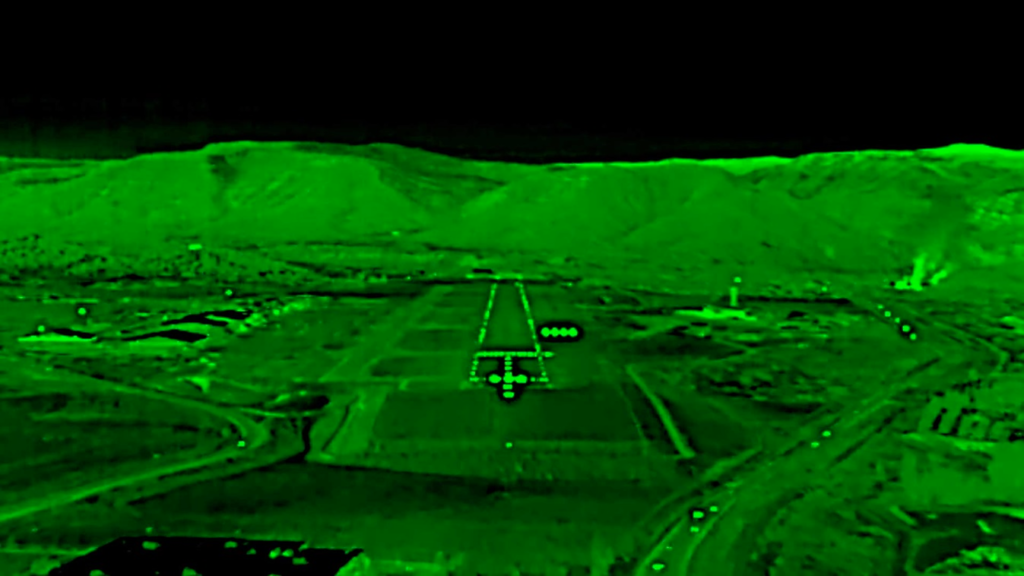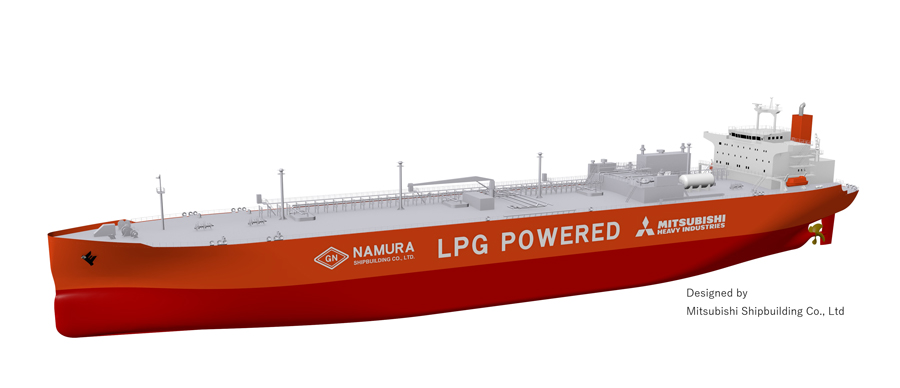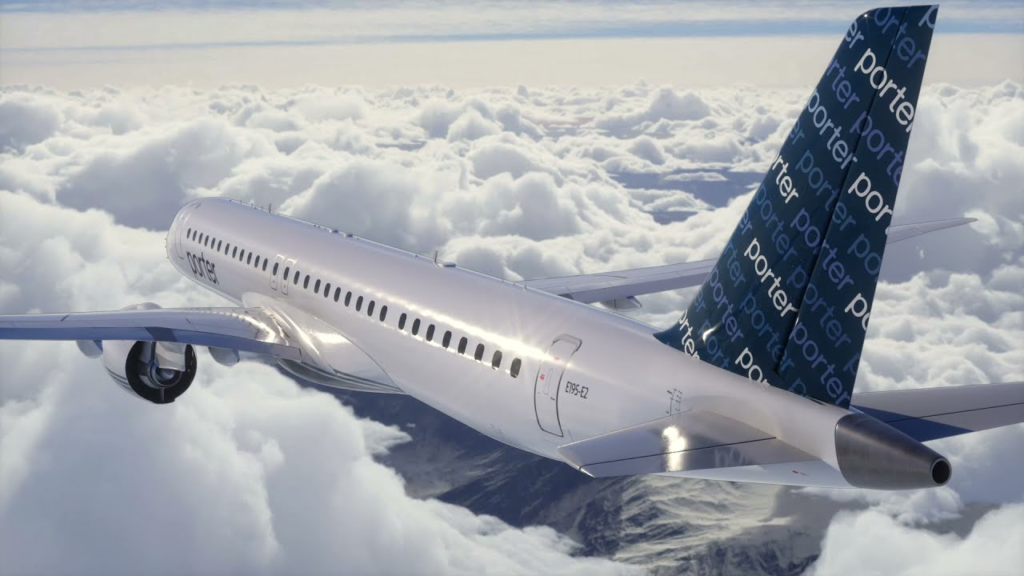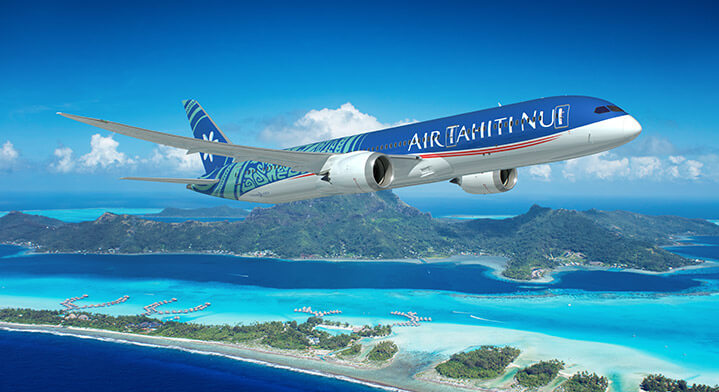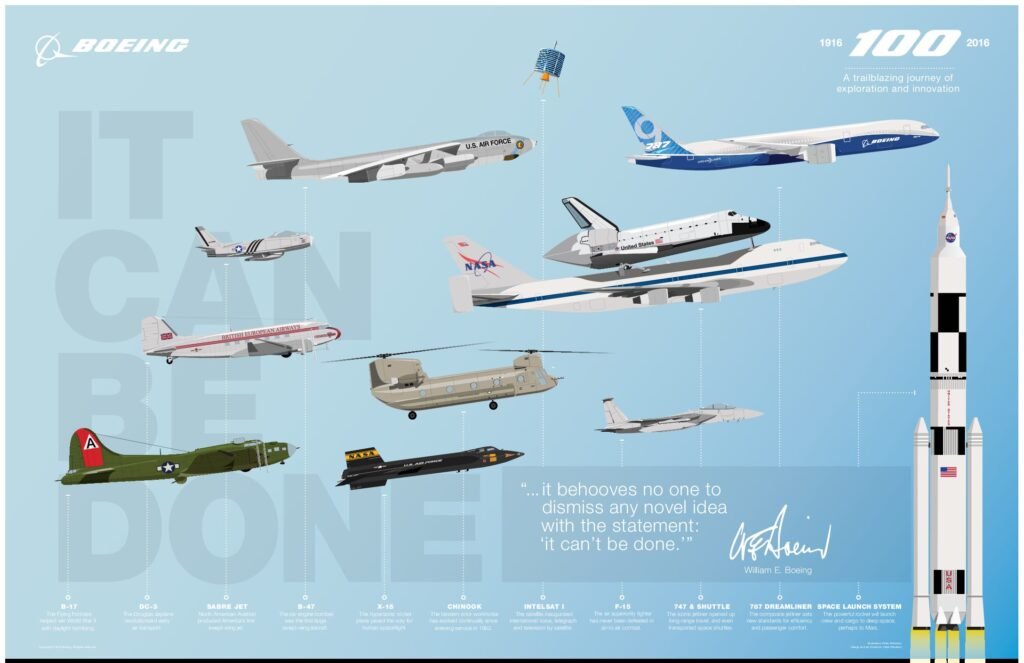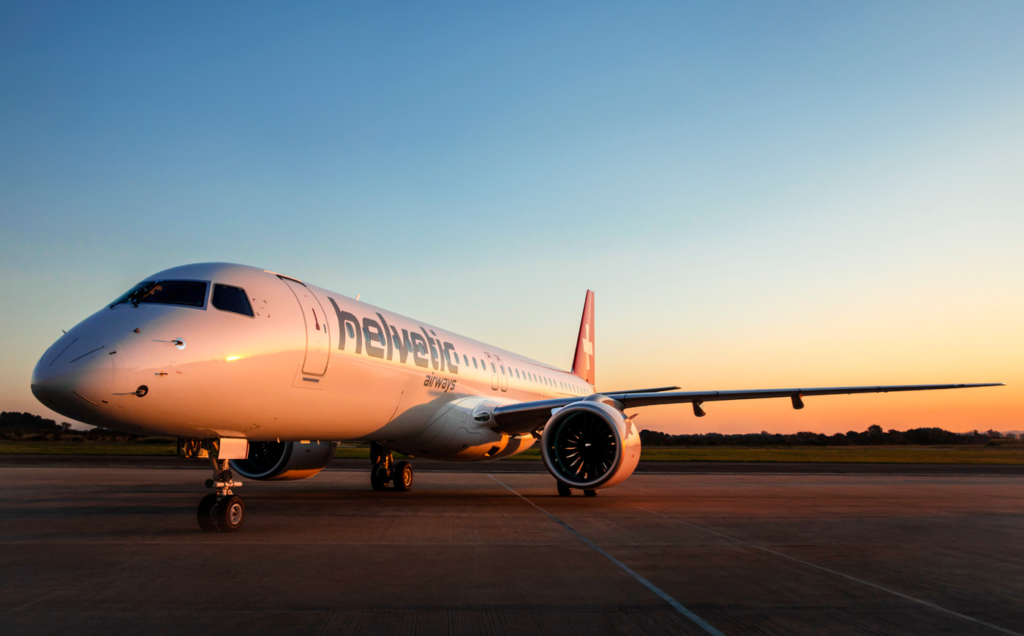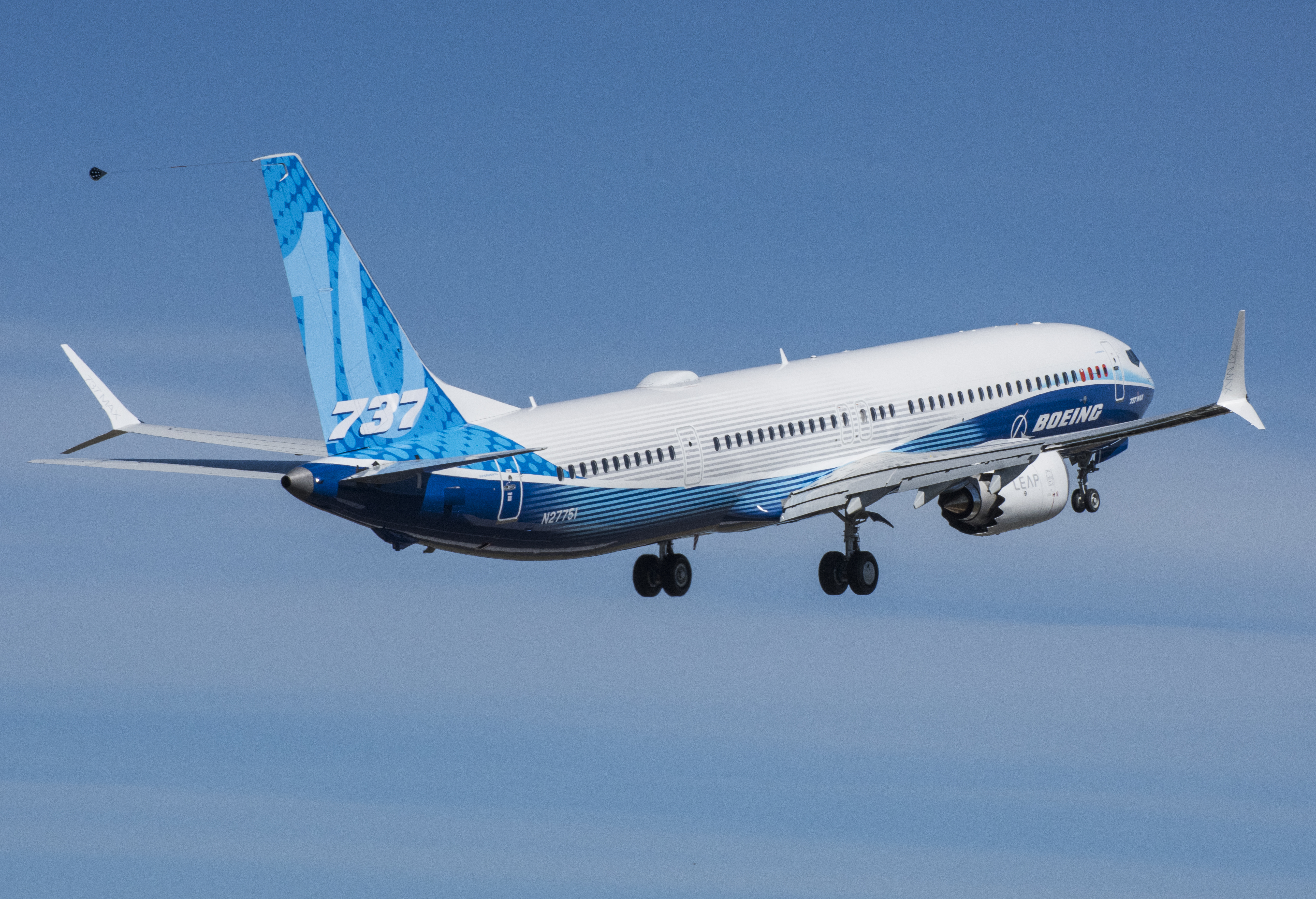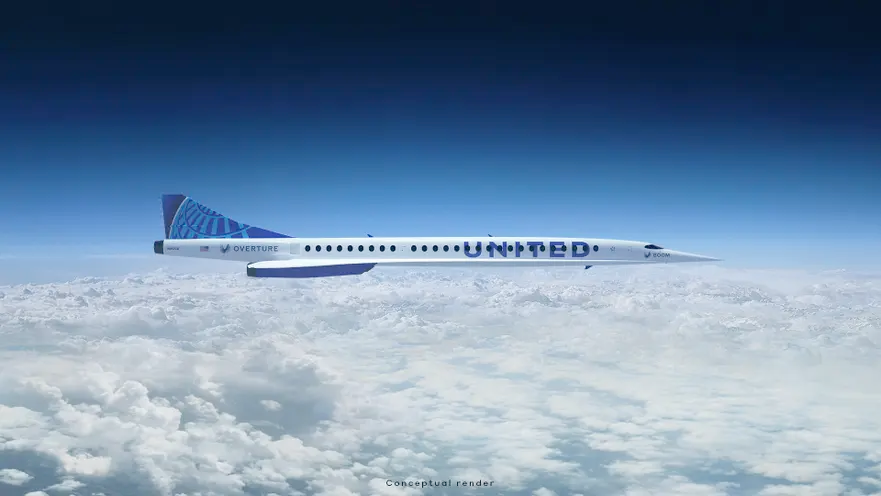Collins Enhanced Vision Sensor Selected for Airbus Family of Aircraft
Collins Aerospace’s next-generation Enhanced Vision Sensor has been selected to be integrated into Airbus’ Enhanced Flight Vision System (EFVS). EFVS will become a selectable option on Airbus commercial aircraft, expanding approach capability and increasing flight…
